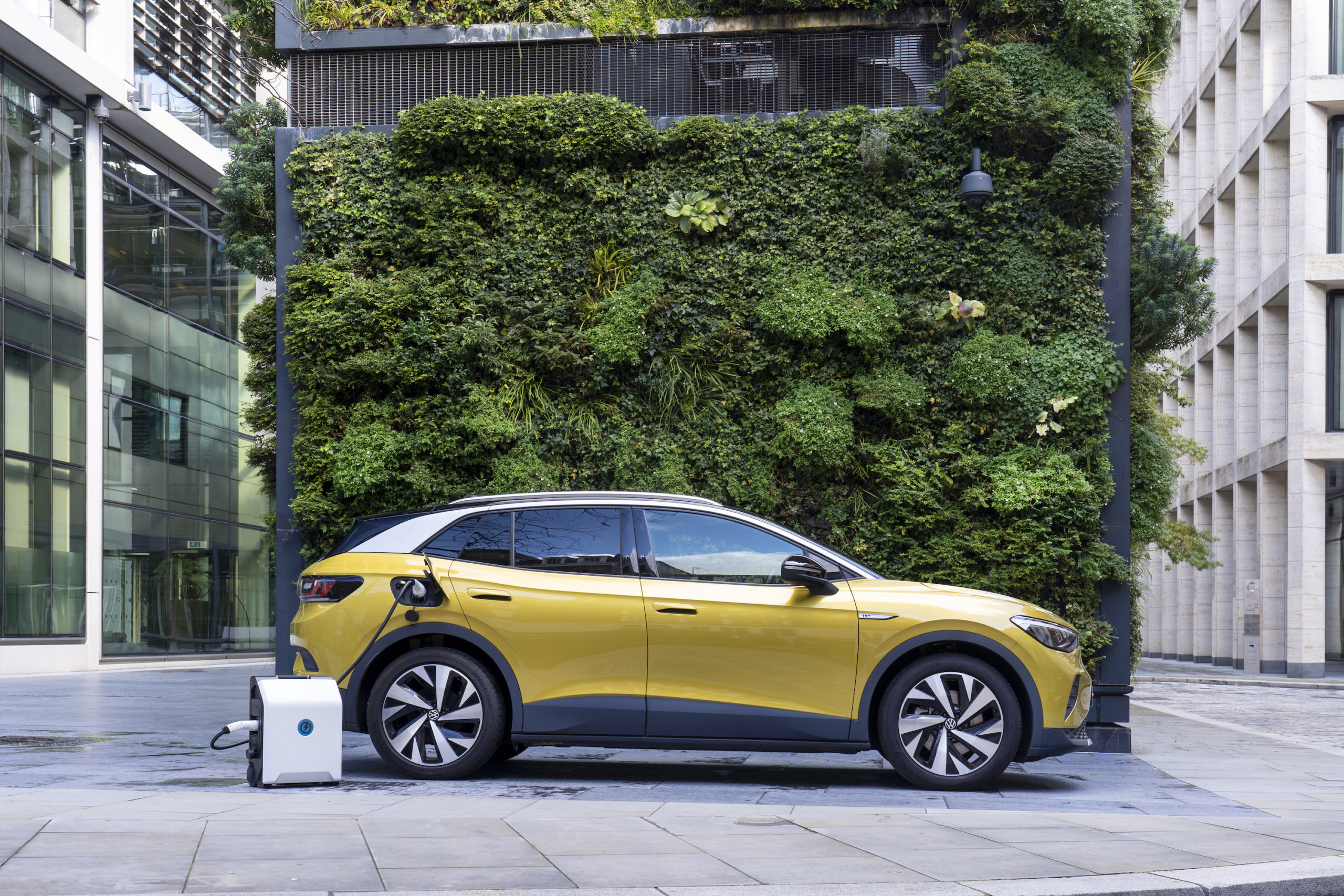ZipCharge offers storage, access and distribution of clean, low-cost power whenever and wherever you need it. Here, Jonathan Carrier, co-founder of ZipCharge, elaborates on how their solution can help advance grid decarbonisation in Japan.

Can you tell us a bit about the company and its founders?
At ZipCharge our mission is to provide “Energy Democracy for Everyone”. We believe everyone should be able to take advantage of the energy transition so they can access clean, low-cost energy to charge an EV, power the home, or access energy on the go. Our smart energy storage solutions integrate hardware, software and AI in a platform for personal distributed energy management that helps the world accelerate the shift to renewables, promoting local grid resiliency while helping individuals, communities and society access green energy sustainably and more efficiently.
Richie and I have known each other for almost two decades since working together at McLaren Automotive in 2003. We’ve spent our respective careers in the global automotive industry at different auto OEMs including Lotus, London Taxi, Jaguar Land Rover and Fiat. Richie looks after the technical development and I lead the business.
How does your solution contribute to the Digitalisation and Decarbonisation of the energy sector?
The ZipCharge Go is a portable power bank that is a powerful, flexible and low-cost way to deliver energy anywhere for anything. It combines the functionality of a bi-directional home charger, home energy storage (like a Tesla Powerwall) and a smart home device (like a Google nest) all in one. Coupled with our intelligent energy management platform and software, it is a device that learns, optimises and determines the best time to store, use and distribute energy for the home and feed it back to the grid to lower the cost of electricity. Using intelligent algorithms, we can deliver annual savings that allow the typical driver to charge their vehicle for free for the whole year.
The Go has been developed as an EV charger to allow anyone to charge a car or light commercial vehicle, wherever they park. It’s also an electric generator, providing power for equipment, tools, lighting etc. It’s very simple to use and manoeuvre, being the size of a small cabin suitcase with the same functionality – a retractable handle and wheels so it can be taken anywhere. It’s available in a range of capacities, from 4 to 8 kWh, which will provide a passenger car with 20-40 miles of range. The Go will be the same price as a fully installed fixed home charger and available for customers to purchase outright or to lease on a subscription basis.
What is your company’s proudest achievement to date?
We a proud to have come out of stealth on the BBC Click programme at Cop26 in November 2021. The programme has a reach of 380 million across the globe and served as an incredible platform to showcase an innovative product at a time when the focus of the world was on Glasgow. Since that point, we’ve ridden the wave of enthusiasm and interest in the ZipCharge Go and have gone on to receive further recognition from various national and European awards in energy, mobility, the built environment and sustainable cities. We were particularly proud to win the Shell Decarbonising Cities pitch competition at the CogX festival in London this year, which was our first ‘pitch win’!
What specifically attracts you about the prospect of expanding to the Japanese market?
Japan is a very important market for ZipCharge given the customer’s needs, who often live in dense cities in smaller properties where space is at a premium. Japan also has a unique grid infrastructure that is defined by its geography and cities, where resilience and flexibility are important to support the energy transition and decarbonise its grid. We respect these differences and want to tailor our solutions for the Japanese customer while actively working with stakeholders in the energy sector to achieve mutual benefit. I had the pleasure of working for Mazda in the auto industry, so I understand and respect the Japanese culture, and want to use this experience to support the introduction of ZipCharge into Japan.
How will your solution/product help advance the Japanese energy sector?
We want to put portable batteries in every Japanese home, on every street corner and at every convenience store. By using our powerful, flexible and portable solution we believe we can be part of a wider solution to grid decarbonisation. We do this by using batteries to support demand-side response services while providing the end customer with increased flexibility and resilience that will result in lower cost and cleaner energy for them to use however and wherever they need it. By networking these assets together, they form Virtual Power Plants (VPPs) that can be extremely dynamic and geographically targeted to wherever they can provide the grid with the greatest benefit to maintain stability and lower costs of distribution. It’s up to us to shape the future and define the grid of tomorrow, including the use of distributed energy resources to help manage energy smarter, for the benefit of everyone and our planet.

